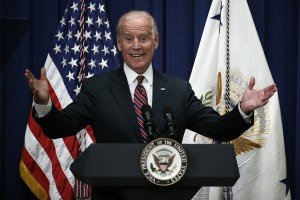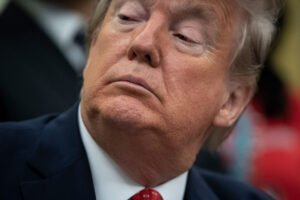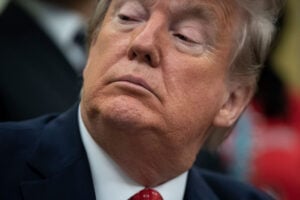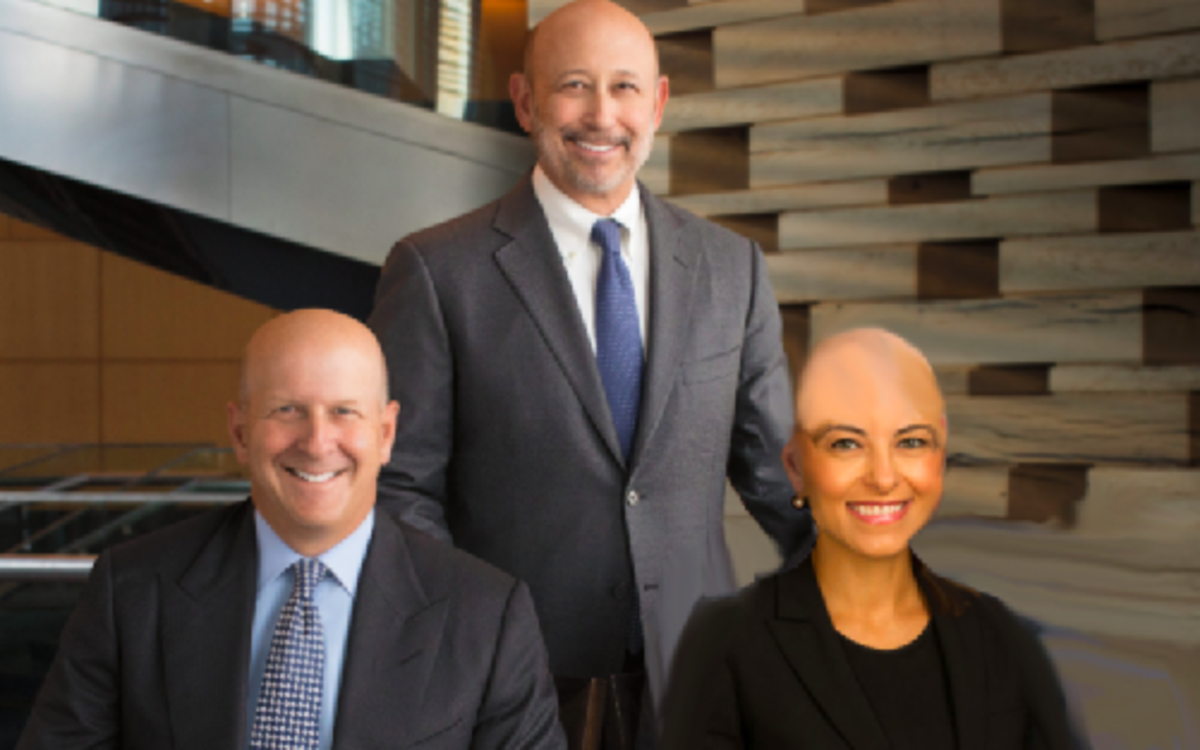The United States receives considerable criticism over its lack of regulations when it comes to assisted reproductive technology, especially sperm donation. As a small break from reflecting on our own flaws, today we focus on a peculiar case revealing that other countries, too, have issues.
Donating For Discounts
Neil Gaskell and his wife endured 14 years of trying to conceive before finding success with IVF in Australia. When the British couple moved back to the United Kingdom, they sought out additional fertility treatments, hoping to conceive a second child. Gaskell’s sperm must have caught the attention of someone at their IVF clinic because, after a first failed round of IVF, Gaskell was approached by the clinic to become a sperm donor and told his sperm had “superman strength.” In exchange, the clinic would reduce the fees for the couple’s next round of IVF to £1,200 from £3,500.
Wait. What?! In the United States, most donors are paid $50 to $100 per donation. By contrast, Gaskell was offered a discount of £2,300 — throw in the exchange rate, and you’re at about $3,000. Ironically, it is illegal to pay sperm donors in the United Kingdom more than their expenses. However, clinics are permitted to offer discounts on treatment in exchange for donations. I’m not sure I understand the policy underpinnings of this system. If we are worried about money being coercive, offering discounts to couples in the especially vulnerable position of needing fertility treatment would seem even more coercive than the American system — advertising to college kids who are looking to upgrade their ramen for a few nights. Maybe U.K. sperm clinics are desperate for good product?
But that isn’t even one of the legal issue in this case.
Not For Same-Sex Couples
Gaskell agreed to donate in exchange for the discount. However, when donating, he specifically noted that he required that his donations not be given to same-sex couples. Gaskell made the clinic staff “write that down.” And he later explained that he also did not want his sperm going to single women, but didn’t think he had to explicitly state that, since the clinic described his sperm as going to families (which, to him, evidently did not include single women).
Apparently, the clinic did not say something like “oh you know what, we actually have all the sperm we need now so never mind.” Instead, they didn’t object. This was not an illegal requirement, after all, at that moment. However, a mere few months later, the Equality Act came into law in England, which prohibited discrimination against same-sex couples.
How Many Families?
Gaskell recounted how the clinic assured him that his donation would be used for only two or three families. And, anyway, the regulations prevented the donations from being used with more than 10 families. Spoiler alert: the clinic was really trying to really get its money’s worth from Gaskell.
Moreover, as frequently happens in these cases, the donor’s wishes were not exactly followed. An official audit of the clinic by the UK’s fertility regulator — the Human Fertilisation and Embryology Authority — revealed that Gaskell’s sperm had helped three same-sex couples have five children, and three single women have four children. An additional four children were conceived with Gaskell’s sperm by heterosexual couples, resulting in a total of 13 children.
The clinic disclosed the findings to Gaskell. And Gaskell sued.
Not A Bigot
Gaskell has publicly explained his strenuous objections to his sperm being used to help same-sex couples, and that his lawsuit is not an indicator that he is “homophobic” or a “bigot.” He asserts that such accusations “couldn’t be further from the truth.” (Oh?) He says: “This wasn’t about discriminating against same-sex couples … but you can’t argue with biology. It takes a man and a woman to create a child, and it’s my view that if children are being born with my sperm, they must have a mother and a father.” After a four-year legal battle, the clinic recently settled with Gaskell, with Gaskell walking away with a five-figure out-of-court settlement.
(Non-)Informed Consent
I spoke with U.S. assisted reproductive technology legal expert Catherine Tucker on the case for perspective. She was more sympathetic to Gaskell’s cause. “What we have here is the intersection of two important medico-legal concepts — informed consent and nondiscrimination.” Informed consent simply means that a patient knows what he or she is getting into when agreeing to donate a body part, whether it be sperm, eggs, blood, a uterus, or something else, and the patient voluntarily chooses to participate. A key component of informed consent, Tucker explained, is understanding what your bodily donation will be used for — whether that be research, education/training, or for another patient. So here we have a situation where informed consent and nondiscrimination concepts conflict. And informed consent trumps nondiscrimination every time. With proper informed consent, this patient could have chosen not to participate in this arrangement.
I am hopeful that improvements in technology — and, like, people — will lead to less and less of these cases. Or, if nothing else, maybe the fear that all errors will be caught as a result of prolific home DNA testing will act as a strong-enough deterrent for strict self-regulation. In the meantime, let’s hope that all of Gaskell’s kids have a better outlook on parenting than he does.
 Ellen Trachman is the Managing Attorney of Trachman Law Center, LLC, a Denver-based law firm specializing in assisted reproductive technology law, and co-host of the podcast I Want To Put A Baby In You. You can reach her at babies@abovethelaw.com.
Ellen Trachman is the Managing Attorney of Trachman Law Center, LLC, a Denver-based law firm specializing in assisted reproductive technology law, and co-host of the podcast I Want To Put A Baby In You. You can reach her at babies@abovethelaw.com.
 Staci Zaretsky is a senior editor at Above the Law, where she’s worked since 2011. She’d love to hear from you, so please feel free to email her with any tips, questions, comments, or critiques. You can follow her on Twitter or connect with her on LinkedIn.
Staci Zaretsky is a senior editor at Above the Law, where she’s worked since 2011. She’d love to hear from you, so please feel free to email her with any tips, questions, comments, or critiques. You can follow her on Twitter or connect with her on LinkedIn.




 Ellen Trachman is the Managing Attorney of
Ellen Trachman is the Managing Attorney of 







 Jordan Rothman is a partner of
Jordan Rothman is a partner of 

 Kathryn Rubino is a Senior Editor at Above the Law, and host of
Kathryn Rubino is a Senior Editor at Above the Law, and host of 
 Tyler Broker is a practicing attorney whose work has been published in the Gonzaga Law Review, the Albany Law Review, and the University of Memphis Law Review. Feel free to
Tyler Broker is a practicing attorney whose work has been published in the Gonzaga Law Review, the Albany Law Review, and the University of Memphis Law Review. Feel free to